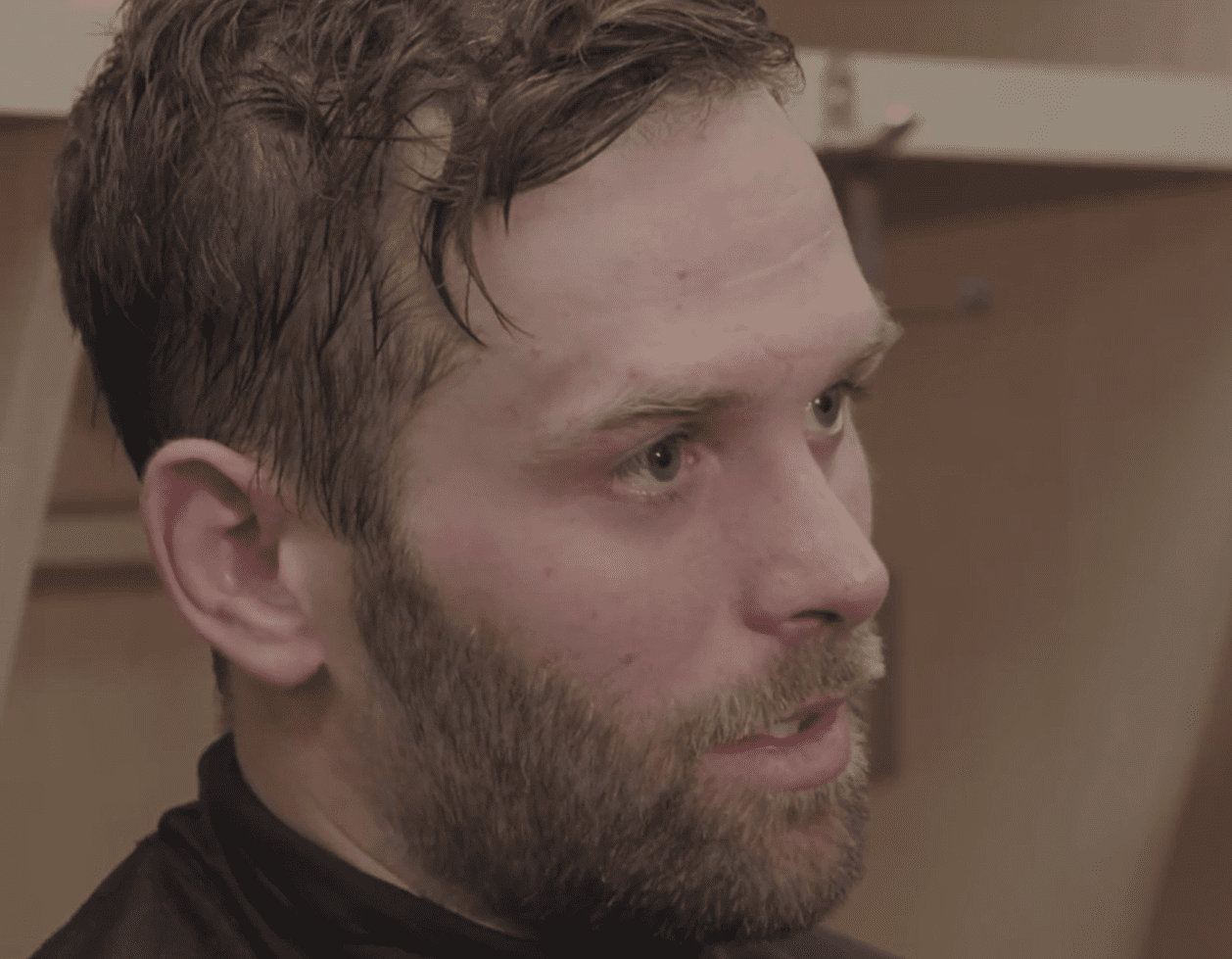Penguins
Penguins: We’re Looking for Points, Not Scapegoats

CRANBERRY — There are numerous reasons the Pittsburgh Penguins are having such a disappointing season.
Their power play has produced more punch lines than goals.
Some key veterans — guys like Evgeni Malkin and Erik Karlsson, Rickard Rakell and Ryan Graves — have not performed at the level the Penguins expected. And need.
Most of their bottom-six forwards rarely make it onto the scoresheet for anything except taking a penalty.
And those are not the only explanations for why the Penguins have been as inconsistent as an infant’s bathroom routine.
Not surprisingly, second-guessing everything from macro issues, such as the makeup of the power-play units, to micro ones, like a defenseman’s decision to pinch — or not pinch — in a particular situation, is rampant, as people outside the organization play an unending game of Pin-the-tail-on-the-culprit.
Assessing — and then assigning — blame for the Pittsburgh Penguins’ predicament appears to have become a regional parlor game.
But if there is any finger-pointing going on inside the locker room, players are adamant that they are aimed directly at themselves, not the guy sitting in the next stall, or one on the far side of the room.
“To get to this level, you have to have a certain level of self-awareness,” right winger Bryan Rust said after practice Monday at UPMC Lemieux Sports Complex. “Knowing what you bring. Knowing if you’re doing it well. … When things aren’t going well, I think the vast majority of players, especially in this room, would look in a mirror before they’d look anywhere else.”
And he was emphatic that he hasn’t seen any evidence that any of his teammates have been searching for, let alone singling out, one or more scapegoats from within the group.
“No,” he said. “Oh, no. No.”
The Penguins have 53 points, which translates to seventh place in the Metropolitan Division and 12th place in the Eastern Conference. They are nine points out of third place in the Metro, which is the division’s final guaranteed spot in the playoffs, and seven out of the final wild-card spot in the East.
Considering that the Pittsburgh Penguins viewed themselves as serious Stanley Cup contenders when the season began, it might seem natural that players would look for excuses — like, say, sub-par performances by a coach, teammate, line or special-teams unit — to explain the disappointing results to date.
But while there are signs that their season is in danger of unraveling, players insist that their unity is intact, that there has not been — nor will there be — any finger-pointing or other attempts at blame-shifting.
“I really don’t believe that there would be, in this group,” Graves said. “It starts from the top down. Our leadership would never entertain that. They would never do it themselves, but they would also never let that happen in this dressing room. That’s not how you win.
“You win by saying, ‘What can I do to be better? What can I do to help this group? The strength of the group is in each individual. If you’re not succeeding how you think you should be, as a group, the only thing you can do is to control yourself. You need to bring your best game forward. I think that when games like the last two happen, everyone can look inward and say there are things they can do better.
“No positives come from looking at someone else and saying, ‘They didn’t do their job.’ That’s a lesson in life that, if you point at someone else, you’re probably thinking about the wrong thing.”
Jake Guentzel, who is second on the team in goals (22) and points (51), is having a strong season, but suggested it’s imperative that every player elevate his play in the remaining 33 games.
“Everyone needs to be a little bit better,” Guentzel said. “I think we all realize that. And time’s ticking.”












